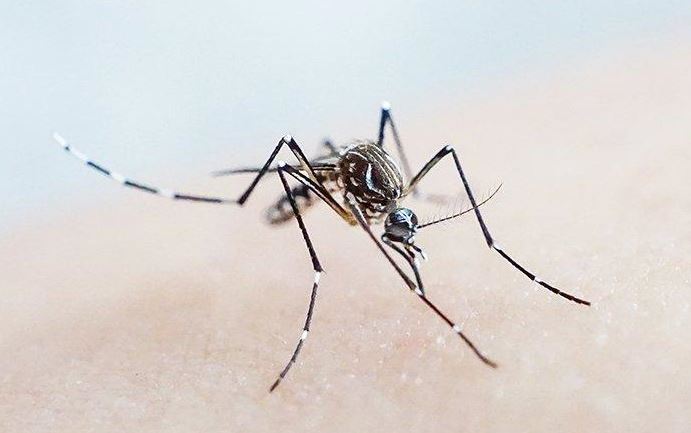advertisement
AI To Fight Malaria In Africa

The University of Zambia (UNZA) School of Engineering and South Korea’s Convergence Research Centre for Insect Vectors (CRCIV) have formalized a collaboration through a Memorandum of Understanding (MoU) aimed at advancing research and development in the fight against malaria using artificial intelligence (AI).
This partnership seeks to establish a Research Center of Excellence dedicated to leveraging AI technology to prevent malaria outbreaks in Zambia. The initiative will utilize AI technology to identify mosquito species and enhance malaria prevention efforts. An AI-powered system will be deployed to collect and accurately classify mosquito species, thereby improving the precision of malaria control measures.
At the signing event, SMART Zambia National Coordinator Percy Chinyama praised the collaboration, adding that the partnership is a testament to the power of collaboration in driving innovation and solving real-world problems using AI. He expressed hope that AI would be incorporated into the curriculum, considering its importance in the modern world. “We hope that this initiative will lead to greater engagement and that even the university curriculum will become more AI-centered, as this is where the world is headed. I believe this is an important step because we are now taking on the responsibility to champion AI in our country.”
advertisement
UNZA’s Acting Vice Chancellor, Professor Bornface Namangala, described the MoU as the beginning of a transformative effort to address malaria, a leading cause of death in Zambia. He emphasized that malaria continues to be a serious disease, claiming many lives, especially among pregnant women and children.
Meanwhile, CRCIV CEO, Professor Hyung Wook Kwon, expressed his enthusiasm for contributing his expertise in controlling mosquitoes and eradicating malaria and dengue fever through technology, drawing from his extensive research experience. Zambia’s Ambassador to South Korea, Mr. Andrew Banda, remarked that the MoU signifies a major commitment to global scientific research and life-saving initiatives. “MoU represents a bold step toward a shared commitment to scientific research and saving lives on a global scale.”
The Permanent Secretary of Education, Joe Kamoko, underlined that the center holds promise not only for public health but for broader health and educational outcomes. He noted the importance of the digital space in addressing issues related to disease, education, and other societal challenges, and highlighted that this collaboration is expected to lead to transformative results.
advertisement
The project has secured strong government support and is well-aligned with Zambia’s National Malaria Monitoring and Evaluation Plan 2022-2026, which provides a framework for tracking malaria indicators and improving health outcomes. The U.S. President’s Malaria Initiative (PMI) highlights Zambia’s critical situation, with over 8.4 million cases and 1,337 deaths reported in 2022. The signing ceremony showcased the project’s potential to address these urgent needs through innovative approaches, emphasizing the importance of this initiative in combating malaria.